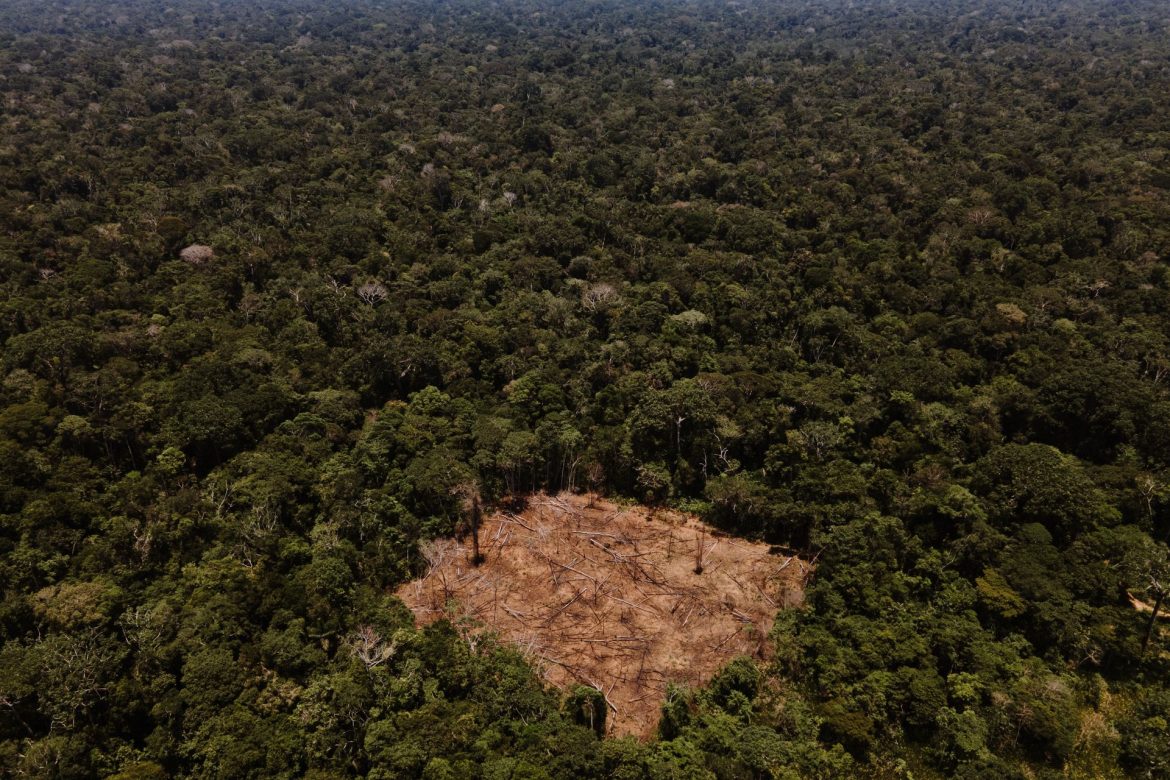A report has concluded that the rainforest conservation projects are not suitable for carbon offsetting and a different approach should be used to effectively protect critical ecosystems such as the Amazon and Congo basin.
The new research, undertaken by UC Berkeley Carbon Trading Project looking into rainforest carbon credits certified by Verra, which operates the world’s leading carbon standard, found that the system is not fit for purpose.
According to the report, the forest generates highly inflated environmental impacts and some projects fail to provide safeguards for vulnerable forest communities, making them unsuitable for companies to use for carbon offsetting claims as they are not equivalent to fossil fuel emissions.
The report showed that halting the destruction of the world’s rainforests is an urgent task for meeting UN climate and biodiversity targets, and supporters of carbon markets say they could direct billions to climate change and biodiversity mitigation if they work as intended.
Read also: Study warns Addis Ababa faces growing climate change risks
The new assessment, funded by the NGO Carbon Market Watch, found that the current system of generating rainforest protection carbon credits was not fit for purpose and was open to exploitation.
The researchers assessed five quality factors of Verra’s rainforest carbon credit system, known as Redd+ projects: their durability, forest carbon accounting, community safeguards, deforestation leakage and baselines, finding widespread shortcomings in all areas.
Furthermore, they found that the majority of credits did not represent a positive impact on the climate, that projects had routinely underplayed the risk of displacing deforestation elsewhere, and that auditors often failed to enforce Verra’s own rules on generating credits. The report said some Redd+ projects had led to the displacement or dispossession of vulnerable communities, despite safeguards that were meant to prevent harm.
“Our research shows that the project type with the most credits on the voluntary carbon market, avoided deforestation, generates highly inflated credits that put forest communities at risk, said Barbara Haya, the director of the Berkeley Carbon Trading project who led the report. “An entirely different approach is needed to reduce deforestation and cut emissions,”.
Also, the report recommended that governments and businesses should focus on curbing the drivers of deforestation around the world, support plans designed to help Indigenous communities conserve forests, and said companies should support a contributions approach to supporting rainforest conservation instead of buying offsets.
Story was adapted from the Guardian.
